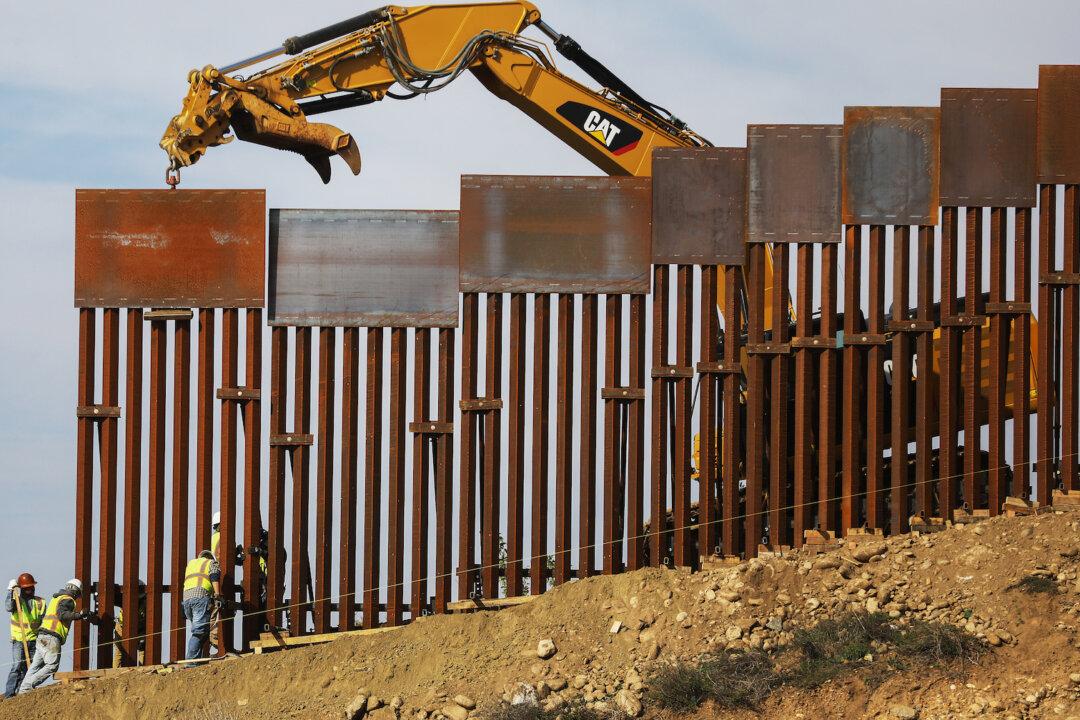The Supreme Court granted the Biden administration’s request on Feb. 3 to cancel upcoming oral arguments over two legal challenges to former President Donald Trump’s signature immigration-related policies.
The cases, now held in abeyance pending possible settlement discussions, dealt with the construction of a wall on the nation’s southern border to stem the flow of illegal aliens, and Trump’s policy requiring asylum-seekers to wait in Mexico while their claims are adjudicated. The Supreme Court had only agreed to hear the cases on Oct. 19, 2020, after the Trump administration sought a review of lower court decisions. Trump’s term in office ended Jan. 20.





